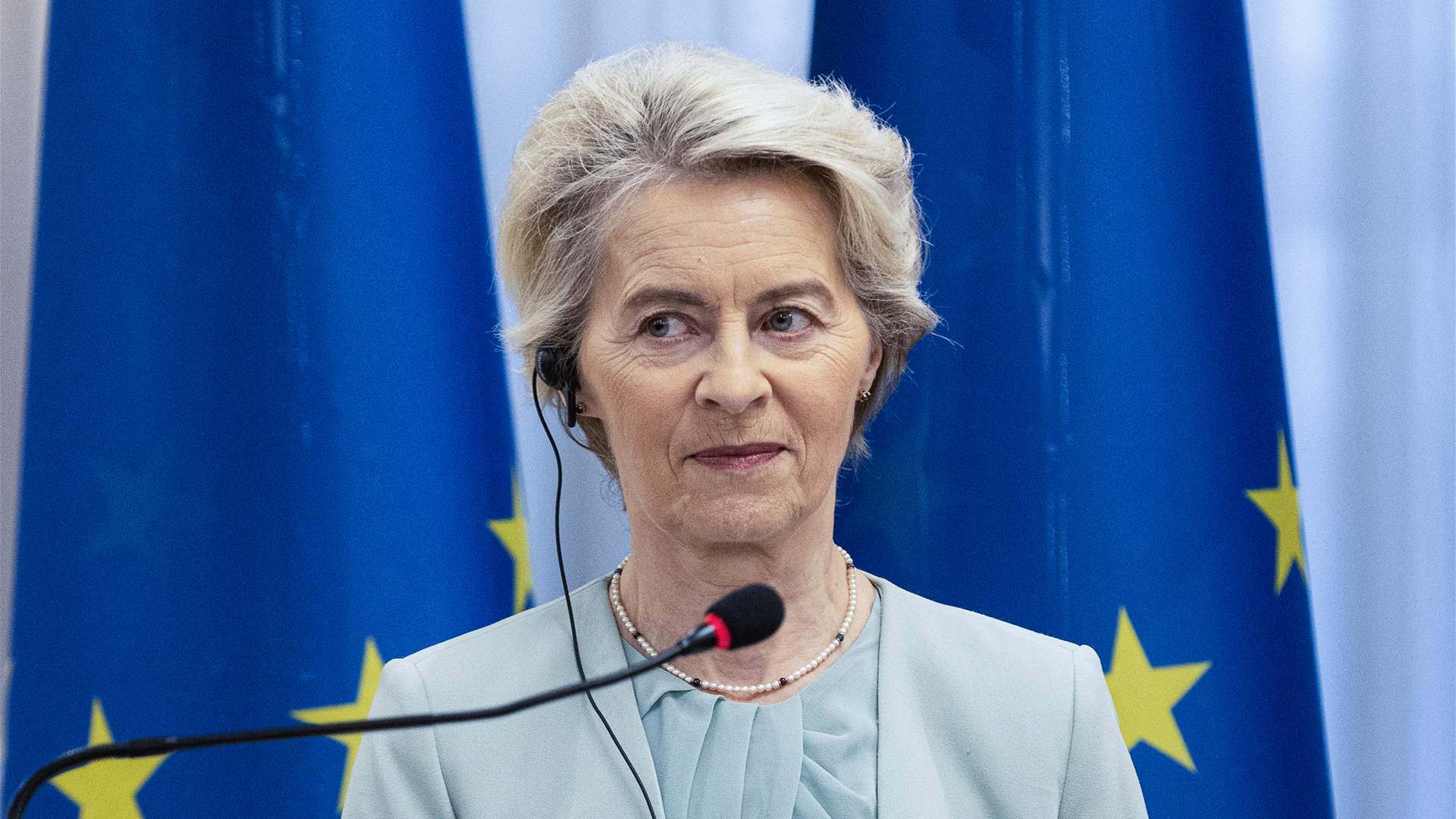EU Chief says Migrant Deportations to Increase
Post By Diaspoint | October 17, 2024

15 member states signed a proposal by Austria and Netherlands to improve the “efficiency” of deportations system
- Von der Leyen – who is just starting a second five-year term as European Commission chief – appears to be responding to pressure on migration from across Europe.
- In her letter to member states, she said the return rate of irregular migrants from EU countries is currently only about 20% – meaning the vast majority of people who are ordered to leave an EU member state do not.
EU Commission President Ursula von der Leyen has said the bloc could “draw lessons” from the contested Italian policy of processing migrants offshore in Albania ahead of an EU summit focusing on migration.
She made the remarks in a letter to member states ahead of the meeting in Brussels on Thursday and Friday, where she said the European Commission would present a new proposal for legislation to increase deportations of migrants.
Von der Leyen – who is just starting a second five-year term as European Commission chief – appears to be responding to pressure on migration from across Europe.
In her letter to member states, she said the return rate of irregular migrants from EU countries is currently only about 20% – meaning the vast majority of people who are ordered to leave an EU member state do not.
Many simply stay put or move to another country within the bloc, she said.
Member states should all recognise the decisions taken by other EU countries to ensure that “migrants who have a return decision against them in one country cannot exploit cracks in the system to avoid return elsewhere”, Von der Leyen wrote.
Her comments come as Italy kicks off its long-awaited scheme, under which some of the migrants rescued in the Mediterranean will be sent to Albania for processing.
Earlier this week, 16 men of Bangladeshi and Egyptian origin were moved from the migrant hotspot of Lampedusa, off the coast of Sicily, to one of two purpose-built centres on the Albanian coast where their asylum claims will be examined.
Read More from original source
